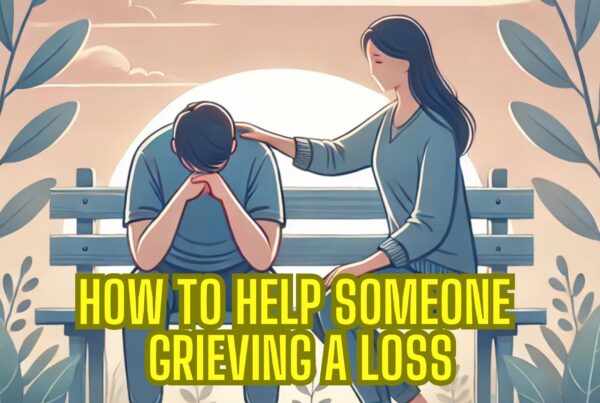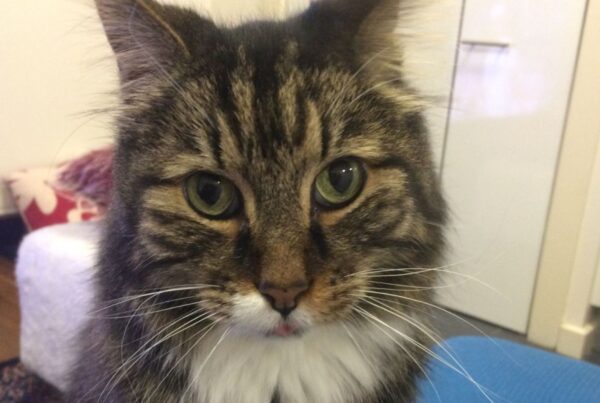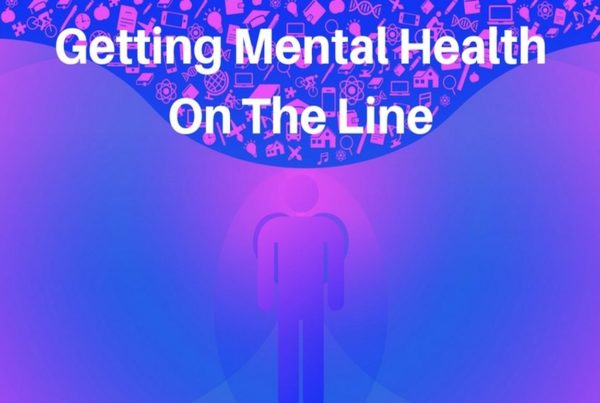How Long Does Grief Last After Losing a Pet?
Grief After Losing a Pet
Losing a pet is one of the most painful experiences that a pet owner can go through. Pets become part of our families, and when they pass away, it can be devastating. Grief is a natural response to loss, and it’s important to know that everyone’s grieving process is different. In this blog post, we’ll explore how long grief lasts after losing a pet, how to deal with grief, why losing a pet is so painful, and the five stages of grief after losing a pet.
Why is Losing a Pet So Painful?
Losing a pet can be so painful because pets are not just animals. They are companions, confidants, and friends. Pets provide unconditional love, support, and comfort to their owners. They are always there when we need them, and they never judge us. Pets become part of our daily routines, and when they’re gone, it can feel like a huge part of our lives is missing.
How Long Does Grief Last After Losing a Pet?
The length of grief after losing a pet varies from person to person. There is no “normal” or “right” way to grieve, and everyone experiences grief differently. Some people may start feeling better after a few days or weeks, while others may take months or even years to fully process their loss. It’s important to remember that there is no timeline for grief, and it’s okay to take as much time as you need to heal.
How Do You Deal with Grief After Losing a Pet?
Dealing with grief after losing a pet can be challenging, but there are some things that you can do to help yourself through the process. One of the most important things you can do is to allow yourself to feel your emotions. It’s okay to cry, to feel sad, or to be angry. These emotions are all a natural part of the grieving process.
It’s also important to take care of yourself during this time. Make sure you’re getting enough sleep, eating well, and exercising regularly. Surround yourself with supportive people who understand what you’re going through. Talking to a therapist or grief counselor can also be helpful in processing your emotions.
The 5 Stages of Grief After Loss of a Pet
There are five stages of grief that many people go through after losing a pet. These stages were first identified by psychiatrist Elisabeth Kubler-Ross in 1969, and they are:
- Denial: The first stage is denial, where you may feel like your pet is still alive or that their passing didn’t really happen. This stage is a defense mechanism that helps us cope with the shock of the loss.
- Anger: The second stage is anger, where you may feel angry at yourself, your pet, or the world in general. This stage is a normal part of the grieving process, and it’s okay to feel angry.
- Bargaining: The third stage is bargaining, where you may try to negotiate with a higher power to bring your pet back. This stage is another defense mechanism that helps us cope with the loss.
- Depression: The fourth stage is depression, where you may feel sad, helpless, and hopeless. This stage is a natural response to loss, and it’s important to allow yourself to feel your emotions.
- Acceptance: The final stage is acceptance, where you come to terms with your pet’s passing and begin to move forward with your life. This stage doesn’t mean that you’ll forget about your pet or that you won’t feel sad anymore, but it does mean that you’re starting to find a new normal without them.
Losing a pet is painful
Losing a pet is never easy, but it’s important to remember that grief is a natural part of the process. Everyone’s grieving process is different, and there is no right or wrong way to grieve. It’s important to allow yourself to feel your emotions, take care of yourself, and seek support if you need it. Remember that it’s okay to take as much time as you need to heal.
If you’re struggling to cope with grief after losing a pet, consider reaching out to a clinical hypnotherapist or grief counselor. Hypnosis and mindfulness can be powerful tools in helping you process your emotions and find peace after your loss.
In conclusion, grief after losing a pet can last for a long time, and it’s important to be patient and gentle with yourself as you navigate this difficult time. Remember that it’s okay to feel your emotions, take care of yourself, and seek support if you need it. The pain of losing a pet may never go away completely, but with time and support, you can find a new normal and honor the memory of your beloved companion.
Book Your FREE 30 Minute Consultation With Release Hypnosis NOW!
You may also like to read:
Coping with the Loss of a Pet: Healing Through Hypnotherapy
The Mindfulness Toolkit
Stop Beating Yourself Up: How Self-Compassion Can Improve Your Life
What Do Cats Wanting Attention Teach Us About Acceptance?








